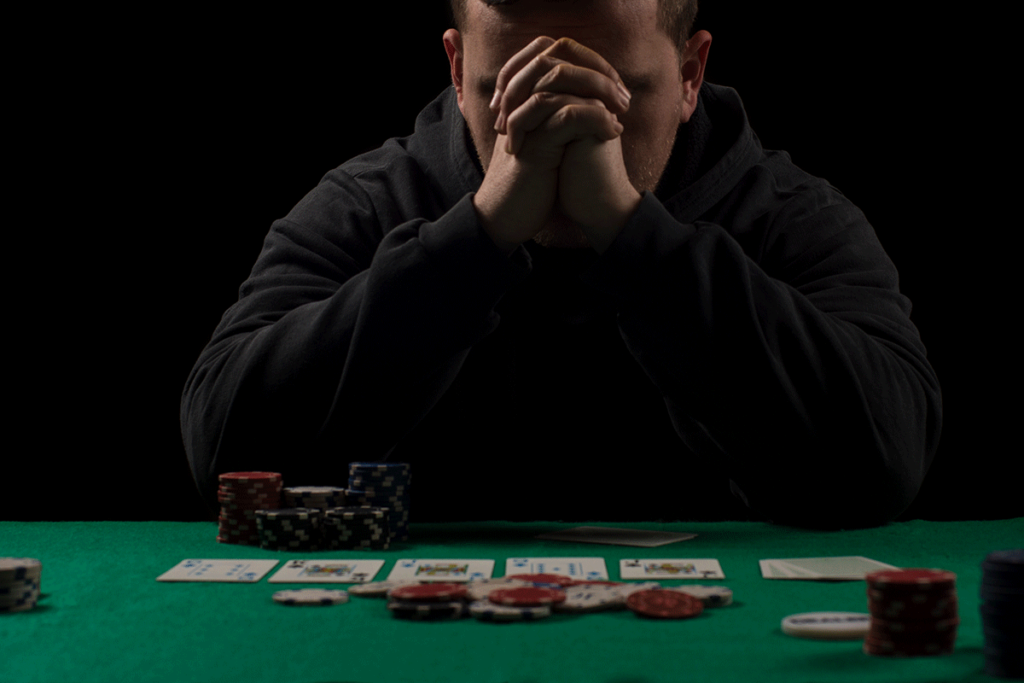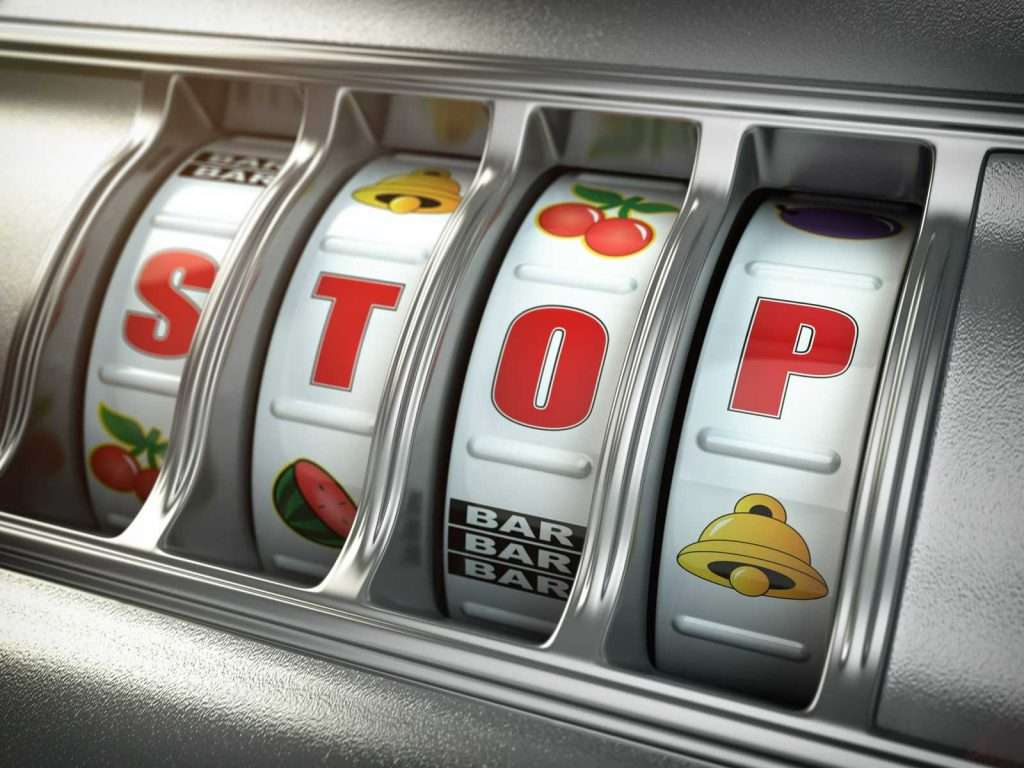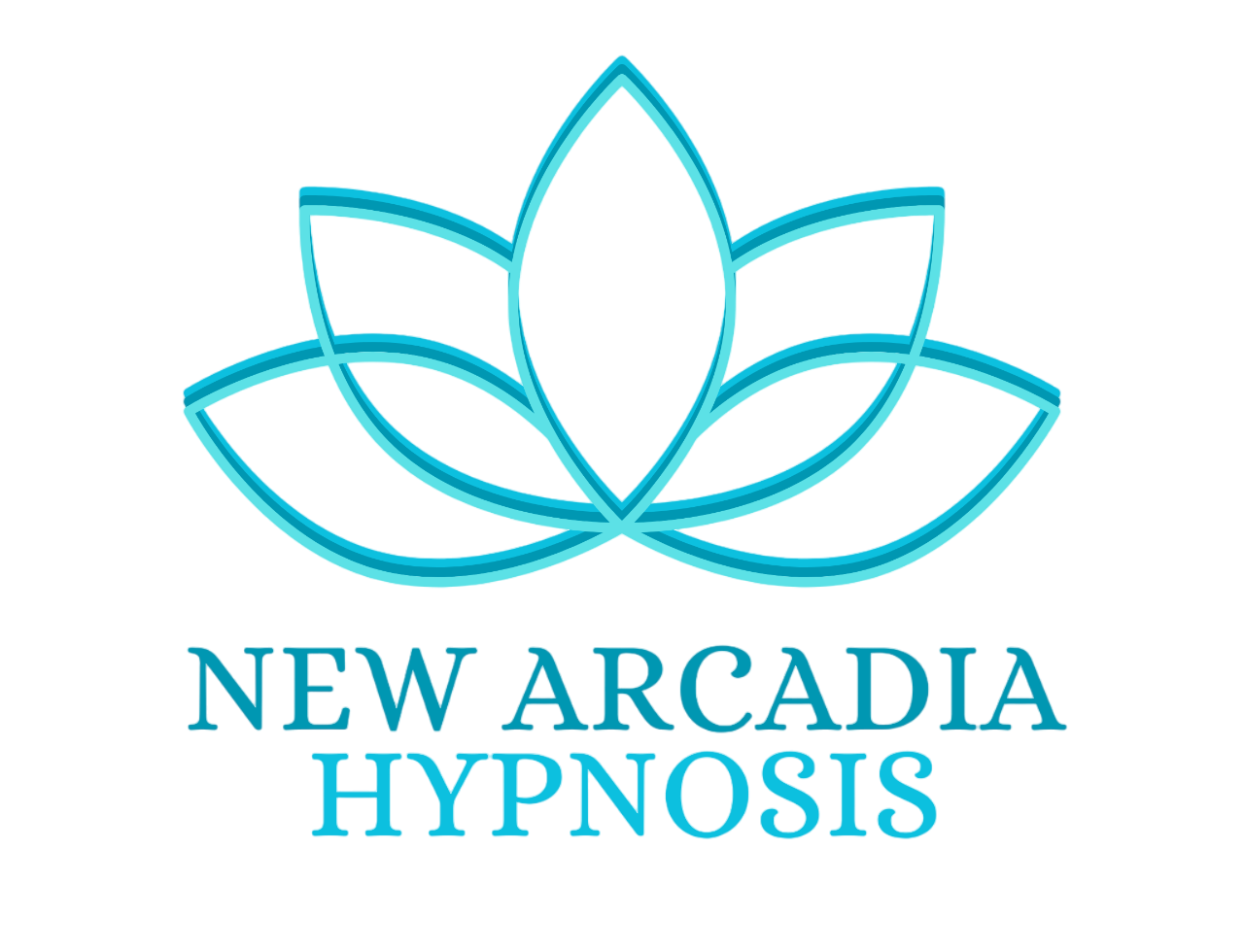
RECLAIM YOUR POWER: OVERCOME GAMBLING COMPULSION WITH HYPNOSIS
“The house always wins.”
How many times have you heard this phrase? While it may sound obvious, many still overlook or misunderstand its meaning.
In simple terms, it means the odds of winning at a casino are far lower than the odds of losing. The math is clear: games of chance aren’t designed to favor the player.
So, if the house always wins, why do people keep gambling?
Despite the odds, the allure of winning always exists. Casinos and sportsbooks capitalize on this slim chance, marketing the fantasy of a big win. They make you believe you’re just one roll of the dice away from striking it rich.
This is where the vicious cycle begins. If you win, you might think you’re on a hot streak. If you lose, you may feel compelled to play again to recover your losses.
Either way, it’s a downward spiral.
If you find yourself:
- Constantly thinking about gambling
- Seeking the thrill of the game
- Unable to stop gambling even as your finances dwindle
- Believing you need to keep playing to recover losses
- Lying to hide your gambling habit from loved ones
- Stealing, selling personal belongings, or borrowing money to fund your gambling
You may have developed a gambling compulsion.

WHAT CAUSES GAMBLING COMPULSION?
Humans are wired to seek rewards. Whether it’s enjoying a delicious meal, laughing at a comedy movie, or spending quality time with loved ones, our brains crave more of these pleasurable experiences.
Unlike healthy activities, gambling involves high risks and potentially high rewards, triggering an abnormal surge of dopamine – the pleasure hormone. Over time, this excess creates a chemical imbalance, turning you into a desensitized thrill-seeker.
Other factors, such as genetics and mental health disorders, also contribute to gambling compulsion.

TREATING YOUR GAMBLING ISSUE WITH HYPNOSIS
Gambling obsessively is a symptom of a deeper issue.
That’s where hypnosis can transform your life!
Hypnosis allows us to access your unconscious mind and uncover the root cause of your compulsion. How did you feel the first time you gambled? Who was with you? What was your life like then? How much have you won or lost? Answering these and similar questions is the first step toward recovery.
Compulsions are simply well-practiced habits. Repeated behavior reinforces them over time. But what if you could rewire your thinking patterns to build and stick to new, healthier habits?
No one is born with a compulsion, so it doesn’t have to be permanent if you desire to stop!



